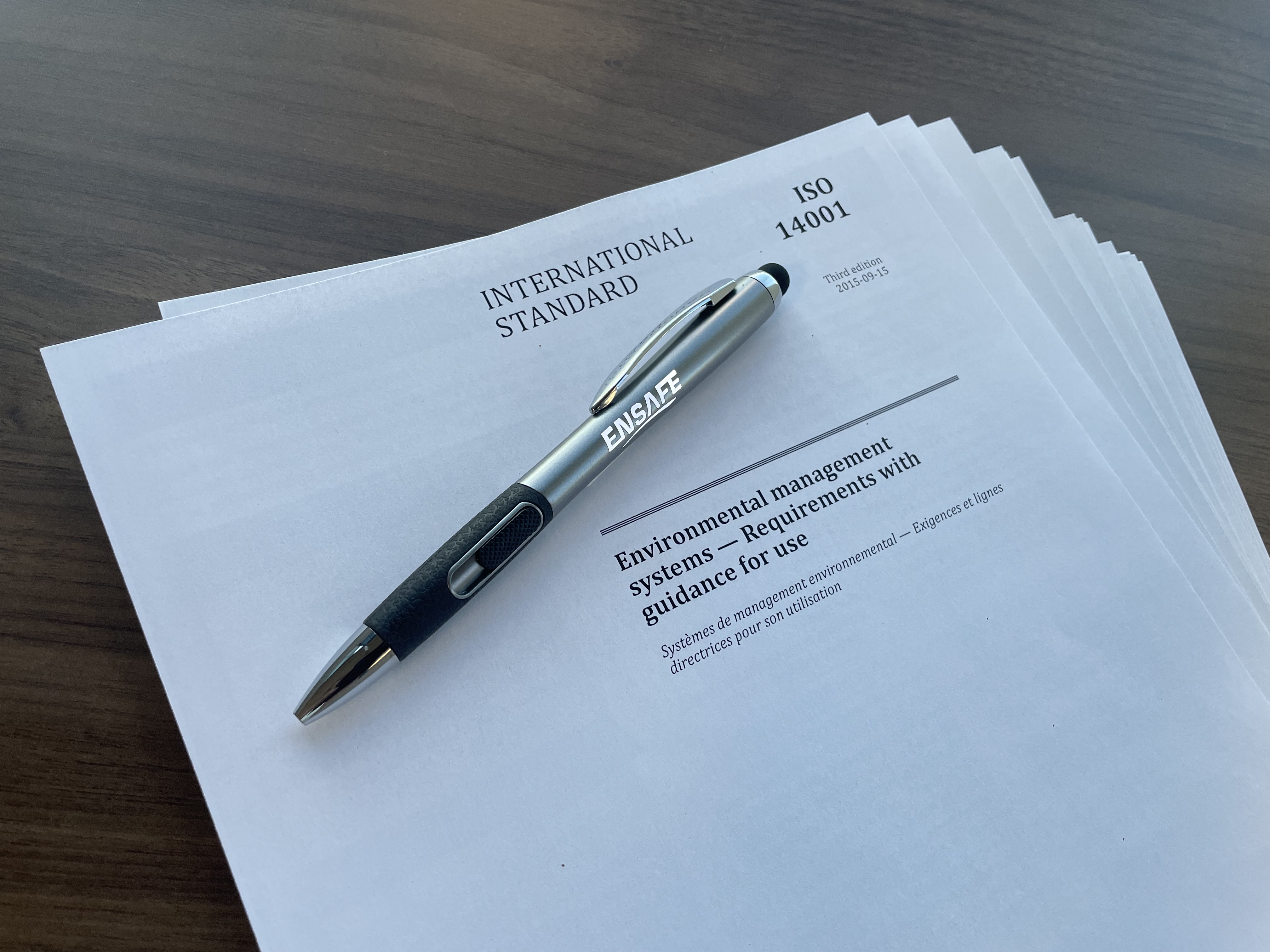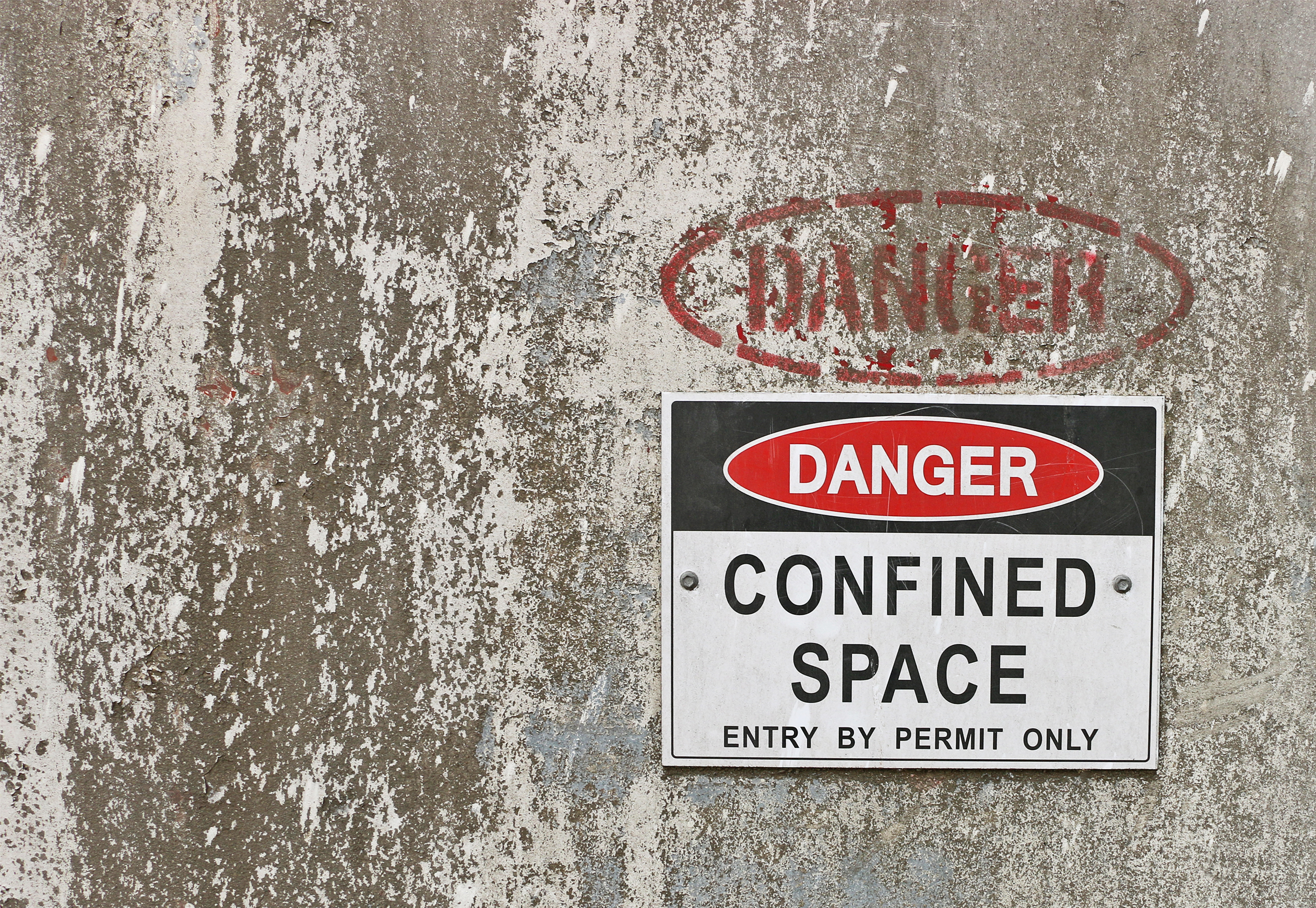NEWS > INSIGHTS & INNOVATIONS
Our Answers to FAQs about ISO Standards
What are ISO standards? International Organization for Standardization (ISO) is an independent, non-governmental international organization with a membership of 167 national standards bodies. This organization releases ISO standards, which are those that international experts have agreed upon as the best way of doing something. These standards cover myriad activities, as the ISO website explains, “It […]
Continue reading→U.S. EPA approves ASTM E1527-21 for All Appropriate Inquiries
On Your Mark ASTM International published its revised industry standard for conducting Phase I Environmental Site Assessments Designation E1527-21 Standard Practice for Environmental Site Assessments: Phase I Environmental Site Assessment Process in November 2021. The revised standard included new definitions for key terminology, increased historical and regulatory research requirements, expanded requirements for identifying environmental liens and land-use […]
Continue reading→Proposed Changes to OSHA PSM: How it May Affect Your Site
In September 2022, OSHA formally announced proposed amendments to the Process Safety Management (PSM) standard in response to Executive Order 13650. This executive order, signed in 2013, required OSHA and EPA to perform “modernization” efforts to their respective PSM and Risk Management Program (RMP) standards. EnSafe attended OSHA’s PSM Stakeholder meeting in October 2022 to […]
Continue reading→Written Health and Safety Programs are Just Good Common Sense
To Write or Not to Write – That is the Question Whether your business is undergoing a self-imposed health and safety audit, a voluntary audit from an accredited organization, or a not-so-voluntary inspection through a regulatory agency, one of the first items likely to be requested by the auditor is a copy of your written […]
Continue reading→Regulatory Changes Expected as Findings Suggest Increased Risk from EtO Emissions
Prompted by findings of increased cancer risks associated with ethylene oxide (EtO) emissions, the U.S. Environmental Protection Agency (EPA) is considering regulatory changes that will affect the use of EtO, a colorless, odorless, flammable gas typically used for sterilization of medication equipment but is also used to make other chemicals and products like antifreeze and […]
Continue reading→U.S. EPA Announces Intent to Designate PFOA and PFOS as Hazardous Substances
On Friday, August 26, 2022, U.S. EPA announced its intent to designate perfluorooctanoic acid (PFOA) and perfluorooctanesulfonic acid (PFOS) as CERCLA hazardous substances. U.S. EPA posted a pre-publication notice for the Federal Register listing, including Supplemental Information describing the basis for designation. This rulemaking marks the first time U.S. EPA has used its authority under […]
Continue reading→Alternative Protective Measures, The Bridge Between Lockout Tagout and Machine Guarding
The requirements for using Lockout Tagout (LOTO) to control hazardous energy during machine servicing and maintenance are clearly prescribed in 29 CFR 1910.147, but OSHA enforcement citing of the LOTO Standard consistently remains in the top 10 most frequently cited standards. Why? LOTO requirements are not always consistently or correctly followed, and they’re often viewed […]
Continue reading→Performing Confined Space Assessments: Keys to Success
When one of the largest Liquified natural gas (LNG) plants in the country is relying on us to identify all its confined spaces, perform hazard assessments on those spaces, and determine whether each one is a “permit required confined space” (as defined in the Occupational Safety and Health Administration [OSHA] standard, here’s how we do […]
Continue reading→SAFETY CULTURE: THE ICEBERG EFFECT
A strong, positive safety culture results in reduced injuries and lost time by valuable resources, improved morale and productivity, and greater loyalty to the organization. Safety culture and the desire to have a strong safety culture are often discussed, but what exactly is safety culture? In basic terms, safety culture is the “preferred way things […]
Continue reading→Changes to Vermont Stormwater General Permit 3-9050
Landowners in Vermont are feeling the effects of the latest Stormwater General Permit 3-9050 requirement for stormwater runoff from impervious surfaces. Sites with three or more acres of impervious surface that do not currently have coverage under previous operational general permits are now required to seek coverage under General Permit 3-9050. Affected sites are beginning […]
Continue reading→








